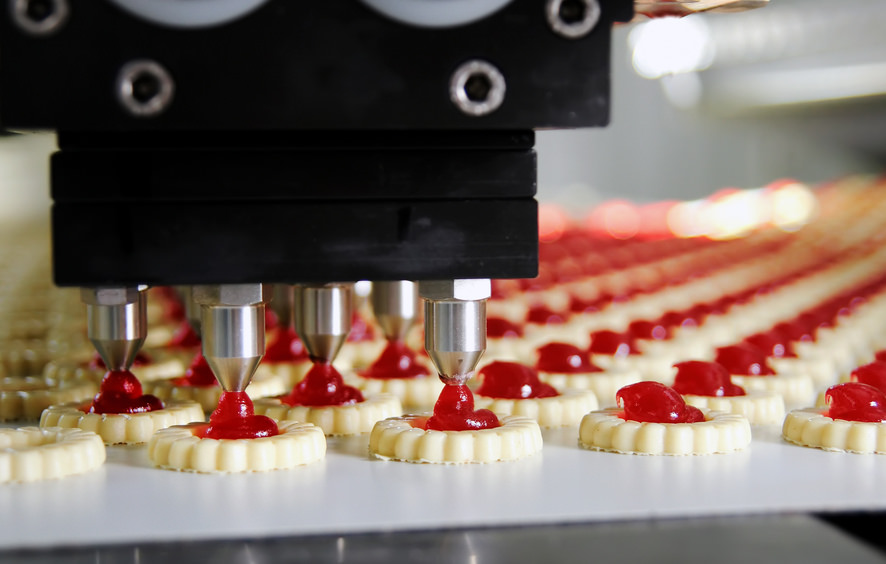By Rana Tarakji, PDF Electric & Supply
Modern technology has paved the way for many advances in various industries.
In food manufacturing, some of the new technologies has markedly increased efficiency and productivity.
Thanks to automation, better equipment, and innovative applications, the food manufacturing industry has gone a long way from the slow and tedious processes of long factory workers doing everything by hand.
Still, the question arises whether food manufacturers are quick enough in adopting new technology?
Despite the many benefits of new technology in food manufacturing, a report done by Microsoft in partnership with the Harvard Business Review found that “manufacturing companies are the least likely to have taken steps towards digital transformation”.
To better benefit from new technology and drive further technological innovations and advances, food manufacturers will have to be on top of what is available to them and how they can make use of it.
Companies will have to take on a more progressive mindset that will compel them to shift operating models, invest in new technology, and leading the way to even more cutting-edge technologies.
In some companies, the wariness to change the way things are done, aversion for the risks that new technologies bring, and the avoidance of what they believe to be digital disruption, are putting up major roadblocks and preventing them from reaping the benefits of these technologies.
Aside from these, there may be good reasons for the delay in adopting new technologies in the food manufacturing industry. Here are some of them:
Variability in raw materials. Unlike in other industries, the raw materials in food manufacturing are more variable than those in other industries.
A single tomato alone will differ from other tomatoes in many different ways, particularly in size, shape, and weight.
This can pose a problem in automation where uniformity in these parameters are vital for automated equipment to do their job properly.
The variance in size, shape, weight, and texture, make it difficult even for highly automated robots to manipulate them.
Sanitation. Sanitation is one of the priorities of food manufacturers. Unfortunately, cleaning of equipment and their various components and parts is a must.
There should be little to no downtime at all – everything from cleaning to reassembly should be quick, simple, and easy. In other words, components will have to be waterproof, with IP67 as the minimum requirement.
High-quality materials. Because of sanitation issues, materials for the machinery and other equipment need to be high-quality grade stainless steel.
The components need to be designed such that there are little to no crevices and seams where water may accumulate or microbiological agents may get trapped.
Everything needed for the machinery such as oils, greases, and other fluids, will also need to be food-grade.
Standardisation. All the uniformity that is often required for automation translates to standardisation.
Although this can be a good thing, it can be a hindrance for manufacturers to easily provide what their consumers want.
It won’t be too easy shifting from large packaging to smaller ones or changing one of the ingredients in their products.

About the author: Rana Tarakji is a contributor at PDF Electric & Supply, an automation supplier with corporate office located in Cary, North Carolina.

